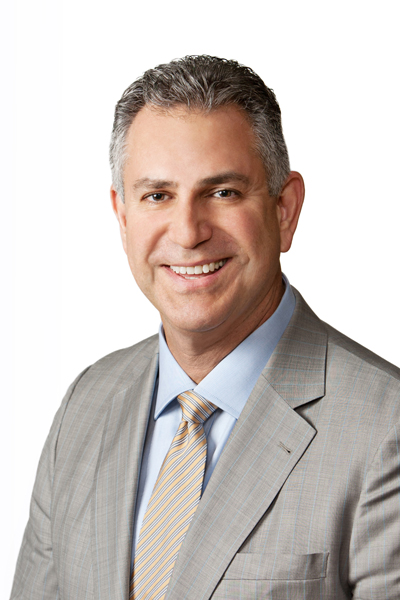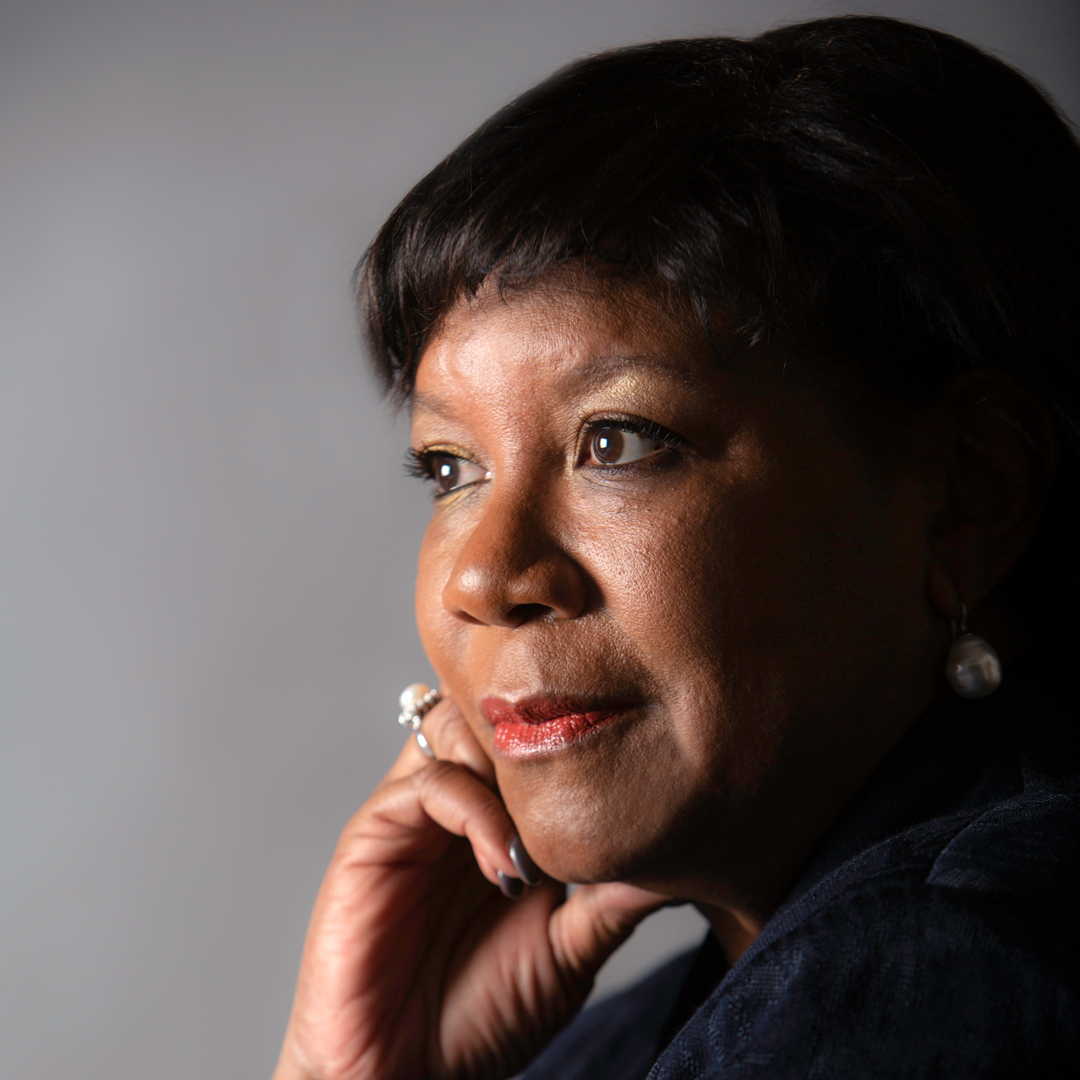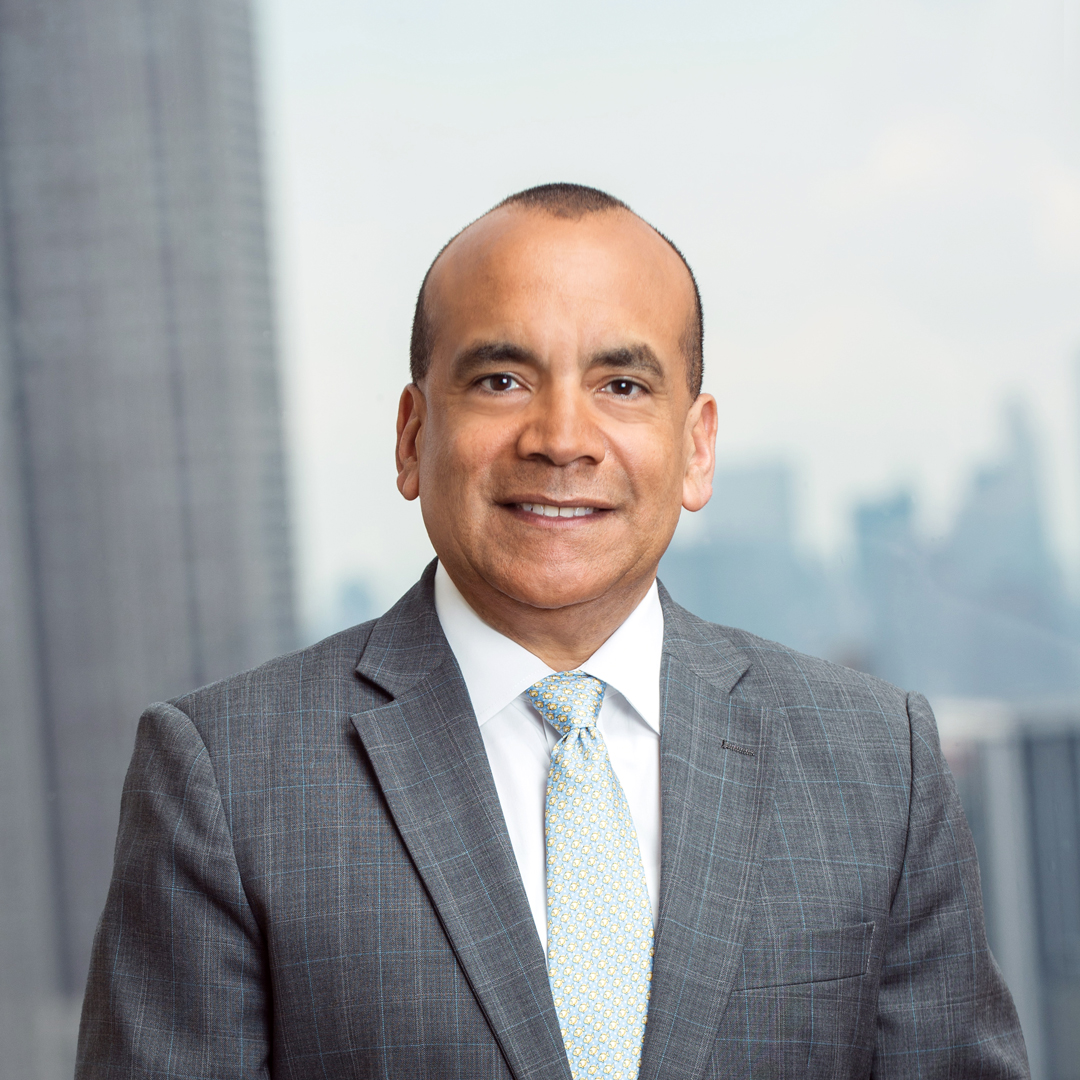|
Getting your Trinity Audio player ready...
|
At the age of twenty-two, Francisco Sánchez had saved up the princely sum of $8,000. He was eager to go out and see the world, fascinated by international cultures. So began a trip that lasted nearly a year and took him to five continents and twenty-three countries.
While a trip abroad is common among young adults eager to catch a glimpse of the world prior to starting their careers, Sánchez’s journey was much more.

From a young age Sánchez wanted to learn about the world and was inspired by his parents to do so through firsthand cultural immersion. His mother, the daughter of Spanish immigrants who settled in Florida in the early 1900s, had earned an international fellows scholarship from the US Department of State and attended Columbia University. His father, also an immigrant, had run a small family business in Spain before coming to the United States.
“I was six years old the first time we visited Spain, and I never lost my fascination with learning about different cultures around the world,” he says.
Eventually, Sánchez would turn that passion into an impressive career in international business, prominent appointments in the US government, and a powerful voice in both board leadership and corporate management as founder of CNS Global Advisors.
Sánchez’ travels and interactions with people from varying backgrounds across the globe helped develop his cross-cultural interpersonal skills that proved essential in roles throughout his career. Interest in others, empathy, and patience were just as important when making decisions in a boardroom as navigating the intricacies of a foreign culture.
Sánchez similarly relied on his family history for its entrepreneurial spirit; in addition to his father’s candy manufacturing and wholesale business, Sánchez has multiple other relatives who led their own companies or created inventions. “I was drawn to combining what I’d learned in my international experience with that entrepreneurial family tradition to build my own business,” he says.
“I was drawn to combining what I’d learned in my international experience with that entrepreneurial family tradition to build my own business.”
Sánchez spent much of his career moving between the public and private sectors while always maintaining his international focus. He served in the administration of Florida Governor Bob Graham as the director of the Caribbean Basin Initiative at the age of twenty, mediated international commercial and diplomatic conflicts in the Americas with his Harvard professor Roger Fisher, and served in appointed positions in the Clinton White House and the Obama Administration, where Sánchez was nominated to the position of US undersecretary of commerce for international trade.
Eventually, Sánchez moved back into the private sector, founding CNS Global Advisors. Just days removed from his governmental tenure, Sánchez had become the chairman of the board of his own business. Three years later, he added CEO to his title.
While CNS has worked in Europe and Asia, its focus is in the Americas—for which Sánchez again gives credit to his parents. It is through a common bond of the Spanish language and Hispanic culture that Sánchez feels a strong connection to the people and communities in the region.
“I remember my father patiently helping me with my Spanish homework every night, suffering through my complaints and lapses in interest, but he hung in there with me,” Sánchez laughs. “It’s because of his persistence, as well as my mother and my grandmother, that I am fully bilingual. Having this second language has helped me connect with people and understand different cultures throughout the Americas.”
With CNS, Sánchez continues his international travel while providing two primary services to clients: financial advisory services specifically focused on project finance with development finance institutions, and strategic advisory services for companies entering new international markets.
“We will help them gain an understanding of new markets for investment and work to build a comprehensive strategy and support services network to be successful,” he says.
“We build an international project team consisting not just of the foreign investment group, but local employees and service providers whose understanding and experience in navigating their particular market is crucial.”
Sánchez is a firm believer that the first step to being successful in a new market is understanding the business culture and society as a whole. “We work with our clients to build an international project team consisting not just of the foreign investment group, but local employees and service providers whose understanding and experience in navigating their particular market is crucial,” he says.
He sees how diverse multicultural perspectives and experiences build upon each other and benefit not just an individual project in a foreign market but also his clients’ operations company-wide.
“As I looked at corporate America, I saw gaps in fully embracing diversity,” he notes. “That means companies are leaving value on the table.” Increasing diversity benefits the business world and gives a voice to underrepresented communities, whose perspectives and experience are often overlooked despite their value.
As such, Sánchez connected deeply with the mission of the Latino Corporate Directors Association. “I was immediately drawn to becoming a member and being active in the association,” he says.
Bringing those underrepresented perspectives to the table is just the start. Many leaders then fail to follow diversity initiatives with the the time-tested skills that allow Sánchez to operate in different markets across the globe.
His advice: “I ask more questions than I issue orders,” he says. Only by asking questions and listening to multiple perspectives can Sánchez gain an understanding and build a path forward.
What advice would you give to Hispanic executives aspiring to corporate board positions?
“Focus on developing great skills and experience in your chosen career. People are brought into boardrooms to add value, and generally that comes from a successful track record and expertise in your own business. I’ve seen a lot of corporate boards primarily consisting of CEOs and CFOs. Increasingly however, boards are looking to diversify not just ethnically and by gender but also by experience. It’s important to bring something to the board from which the company can gain value.”
Those same factors extend to working on a board. When preparing for board meetings, determining what he doesn’t know and what questions he’ll need to ask is perhaps the most important part of his preparation. “What do I need to understand better? What concerns me?” he says. “Asking good questions is essential to being a valuable and effective board member.”
While there are similarities in the roles of a successful CEO and a successful board member, the two roles require different mindsets. In addition to his own company, Sánchez sits on three other boards: Global 50 company ADM, Teewinot Life Sciences, and the H. Lee Moffitt Cancer Center and Research Institute.
Holding both management and board positions at CNS, Sánchez understands the differences between the two mindsets, and navigates between skill sets and ways of thinking. “When you run a company, you are responsible for day-to-day operations, and when you’re on a board, you are providing oversight and approving large decisions,” he says. “For someone who runs the day-to-day of a business and who’s never been on a board, there can be a tendency to blur those lines.”
While the companies for which Sánchez acts as a board member may differ greatly, he’s able to draw from his experiences at one company to make recommendations and provide guidance at another. Having worked in Latin America and Asia with CNS, for example, he was able to offer valuable international perspectives at Archer Daniels Midland as it contemplated a major decision.
As with the Moffitt Cancer Center, a nonprofit organization and one of the largest cancer research centers in the United States, boards also offer the opportunity for business leaders to give back to the community. Again, Sánchez was inspired by his family to give back. His mother Delia developed and ran a child development program that would go on to be the basis for the National Head Start Association, which provides early childhood education, health, and nutrition services to underprivileged communities.
“Watching my mother help others was so inspiring,” Sánchez says. “She was my role model, and made me want to find ways to serve others.” In addition to working with Moffitt, Sánchez sits on the advisory board of the Aspen Institute Latinos & Society Program.
While Sánchez may be working to the benefit of multiple boards, he sees plenty of room for growth left for CNS. In a sense, he’s hoping that he is providing the same inspiration and opportunity to explore the world and learn from others that others gave him.
“I want to nurture the talent in my company and eventually be able to turn it over to the younger people and let them take it even further,” he says.

